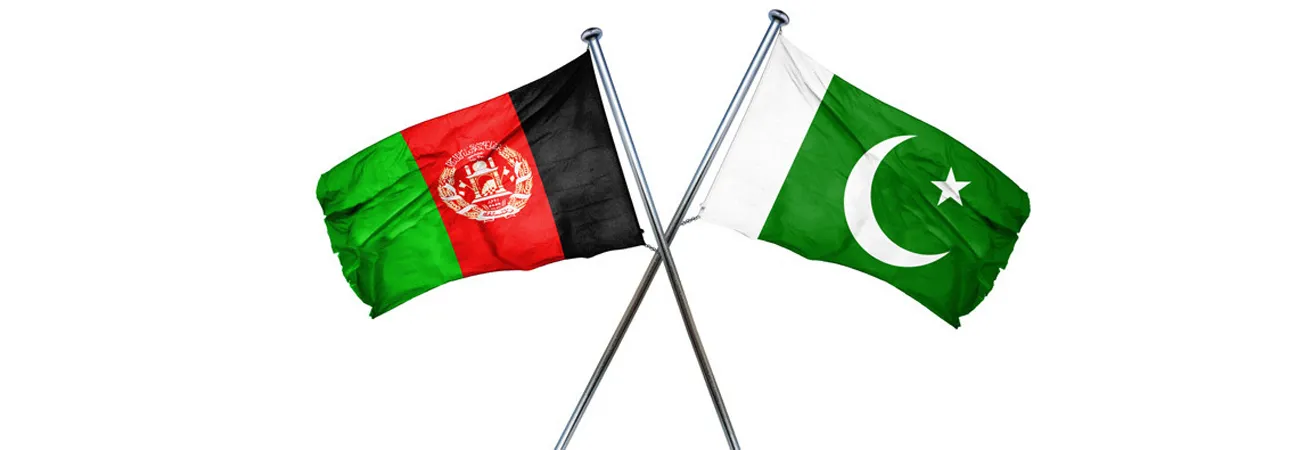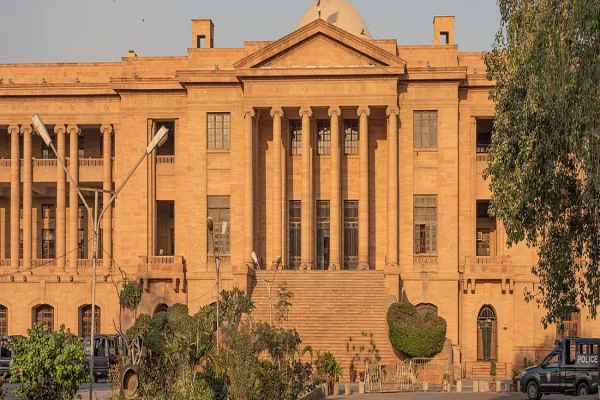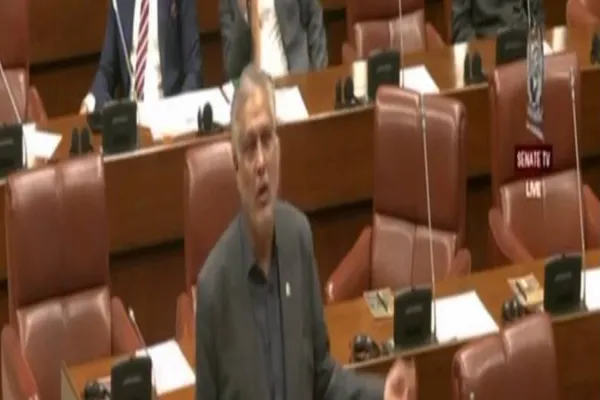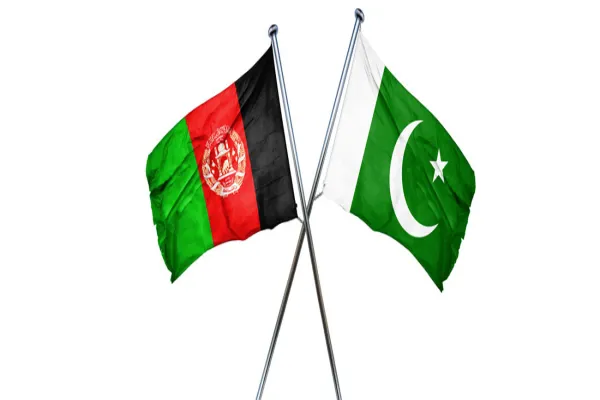i NEWS PAKISTAN
With tensions persisting between Pakistan and the Afghan Taliban, three Islamic countries, including Qatar, Türkiye, and Iran, have stepped up diplomatic efforts to defuse the situation and help both sides return to dialogue. According to diplomatic sources, Qatar and Türkiye have maintained contact with both Islamabad and Kabul in an attempt to overcome the stalemate in talks.
However, both rounds of negotiations reportedly ended in deadlock due to what sources described as the Taliban’s “inflexibility and lack of seriousness”. Diplomatic sources said that despite continued mediation efforts, the Taliban carried out border violations in Chaman during the negotiation period, while the group’s leadership kept issuing anti-Pakistan statements throughout the talks.
After Qatar and Türkiye’s efforts, Iran has also launched its own initiative for mediation and reconciliation between Pakistan and the Afghan Taliban. For this purpose, Iranian Foreign Minister Hossein Amir-Abdollahian held telephone conversations with Pakistan’s Deputy Prime Minister and Foreign Minister Ishaq Dar as well as the acting Afghan Foreign Minister a day earlier.
According to sources, during these calls, the Iranian foreign minister offered Tehran’s assistance in facilitating dialogue and easing tensions between the two neighbouring Muslim countries. It is also worth mentioning here that yesterday, Foreign Office spokesperson Tahir Andrabi said in a statement that Pakistan remains committed to dialogue and peace but insisted that the root cause—the threat of terrorism emanating from Afghan soil—must first be eliminated.
Until that danger persists, Pakistan will continue to take all necessary measures to safeguard its borders and people. He said that any shelter or support extended by the Taliban regime to terrorist elements will not be acceptable to Pakistan. He said that the Fitna al-Hindustan (BLA) and Fitna al-Khawarij (TTP) are enemies of the state and people of Pakistan. He added that any party providing them refuge, assistance or financial aid would not be regarded as an ally of Pakistan.
Andrabi said that the third round of talks, mediated by Turkey and Qatar, concluded in Istanbul on November 7. He expressed appreciation for the mediation efforts aimed at preventing cross-border attacks from Afghanistan. Andrabi said during the first round of talks in Doha, both sides agreed upon basic principles and a temporary ceasefire.
The second round was intended to establish a framework for the implementation of those principles, yet the Taliban delegation attempted to withdraw from prior commitments and disrupted the atmosphere through accusations and provocative statements.
During the third round, Pakistan again emphasised the need for an effective monitoring mechanism. The Afghan side, however, sought to broaden the agenda instead of focusing on core issues and introduced irrelevant claims to prolong discussions. Due to this approach, no meaningful agreement could be reached.
The statement added that the Afghan Taliban try to spread narratives about disagreements within Islamabad over Afghan policy. “Irrespective of this misleading propaganda, there is absolute clarity among the people of Pakistan that the ordinary people of Pakistan are the biggest victims of the terrorist activities by elements hiding in Afghanistan and their abettors,” the FO clarified, maintaining that Pakistan’s armed forces are fully capable of safeguarding the population against any acts of aggression.
Moreover, the FO noted in its statement an attempt by elements in the Afghan Taliban to “instigate Pashtoon (Pakhtun) nationalism” in Pakistan.
Credit: Independent News Pakistan (INP)








